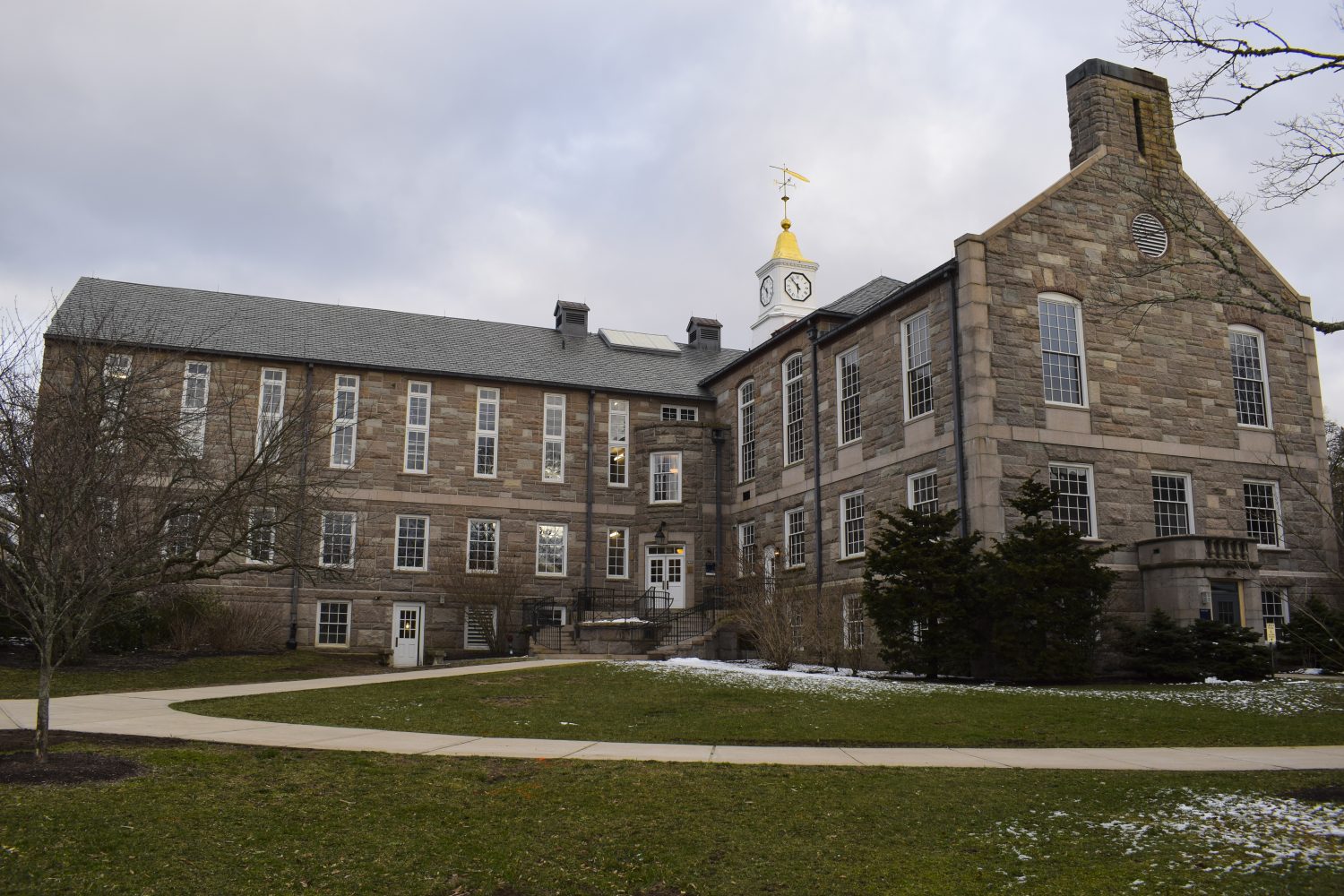Photo by Kristina Erickson |CIGAR| In-state students will have to pay $346 more next year, while out of state students will have their tuition increase by $820
This coming fall, both in-state and out-of-state students from the University of Rhode Island and Rhode Island College will face a roughly two percent increase in tuition.
On March 15, the State of Rhode Island’s Council of Post-Secondary Education voted to increase in-state URI tuition by 2.5 percent, or $346, and 2.7 percent for out-of-state students, or $820.
Kelly Mahoney, the University’s executive director of external relations and communications, explained the state’s motivation behind the tuition increase. “We need to continue to upgrade our technology across campus, particularly when it comes to classroom teaching…and infrastructure to provide online instruction,” she said.
Mahoney described the University’s budgeting process as “multi-facetted” that required approval from the Council of Post-Secondary Education, the Governor’s Office and both the General Assembly’s House and Senate Finance Committees.
The University initially requested $8 million in additional funding from the state, on top of the over $70 million in current state funding. The University requested the additional aide to upgrade campus technology, hire more professors and provide much needed infrastructure renovations.
The Council of Post-Secondary Education then amended the proposal by lowering the funding request to about $4.4 million and submitted it to the Governor’s office.
Due to the lower than expected state revenue projections, the Governor’s office submitted the University’s budget to the General Assembly’s House and Senate Finance committees with only a roughly $1 million increase in state funding.
Despite the smaller funding increase, Mahoney says the University and the State are increasing investments at a time when many other states are continuing to cut public higher education funding.
Mahoney referenced a report done by the State Higher Education Executive Officers Association that found that 44 states have yet to match their pre-recession levels of higher education funding
“What happened during the recession was that there were a number of years when the University faced years of cut funding,” Mahoney said.
In many ways the tuition increase is a step towards reversing the damage of the 2008 Great Recession and the subsequent years of budget cuts.
The tuition increase is set to generate $2 million in additional revenue for the University to fund their original request of four million dollars from the state.
The University plans to help students using financial grants or aid pay for this increase by providing more opportunities for aid and grants.
“Anytime we increase tuition we are always looking to increase financial aid, so that we ensure that our resources [are] set aside to make sure that some of Rhode Island’s neediest students get an increase in their financial aid,” Mahoney said.
Despite this increase, some students have been relatively unfazed by the tuition increase.
“Obviously $264 isn’t that much in the big picture when we are already paying thousands of dollars,” URI student Corry Holmes said.
Other University students like Sarah Pudlo, wish the University could use its existing budget and the revenue from tuitions to pay for its new plans.
“It’s annoying that they can’t do this [hire more faculty and renovate campus] with the money we are already paying,” Pudlo said. “But if it’s that much, for a little increase… that’s okay.”
Critics of the tuition increase, including the Governor Raimondo’s political opponents see this as a way to fund the Governor’s free community college program.
In the Republican State Party’s statement following the vote, titled “Not Really Free After All,” the Chairman had strong words towards Raimondo’s administration, and criticized the tuition increase.
“Are students at URI and RIC paying more so Raimondo can say on the campaign trail she made CCRI free,” Chairman Brandon Bell wrote.
Mahoney was quick to reject the Chairman’s suggestion that the tuition increase was a political decision ahead of the Governor’s reelection campaign.
“Suggesting that somehow URI students are paying for tuition at the Community College just isn’t relevant,” Mahoney said. “When we propose an increase in tuition or any increase in state spending it’s always directly related.”
Mahoney additionally highlighted the fact that, “comparing a community college to a flagship research institution, and to a comprehensive college… doesn’t make sense in higher education finance.”

